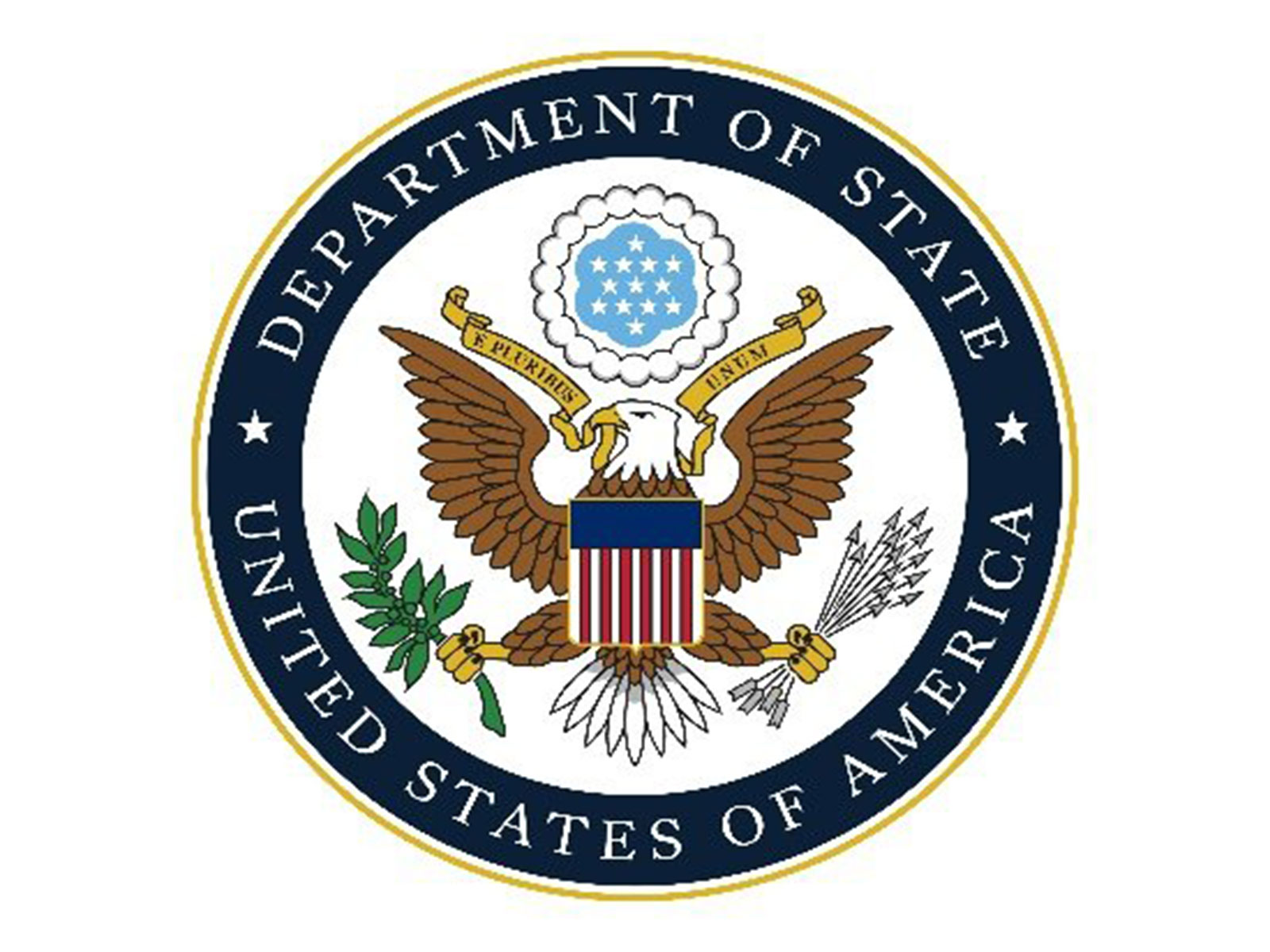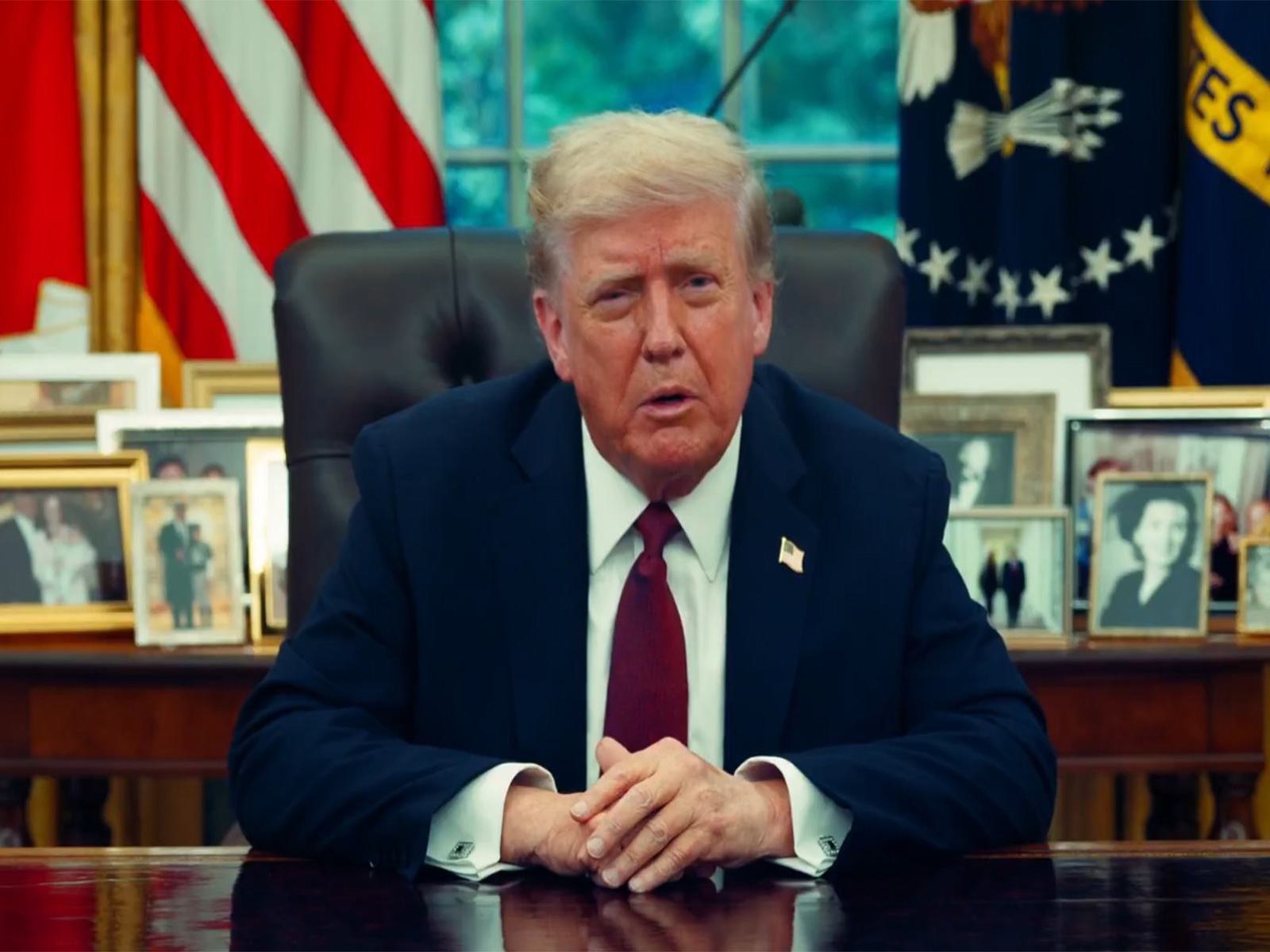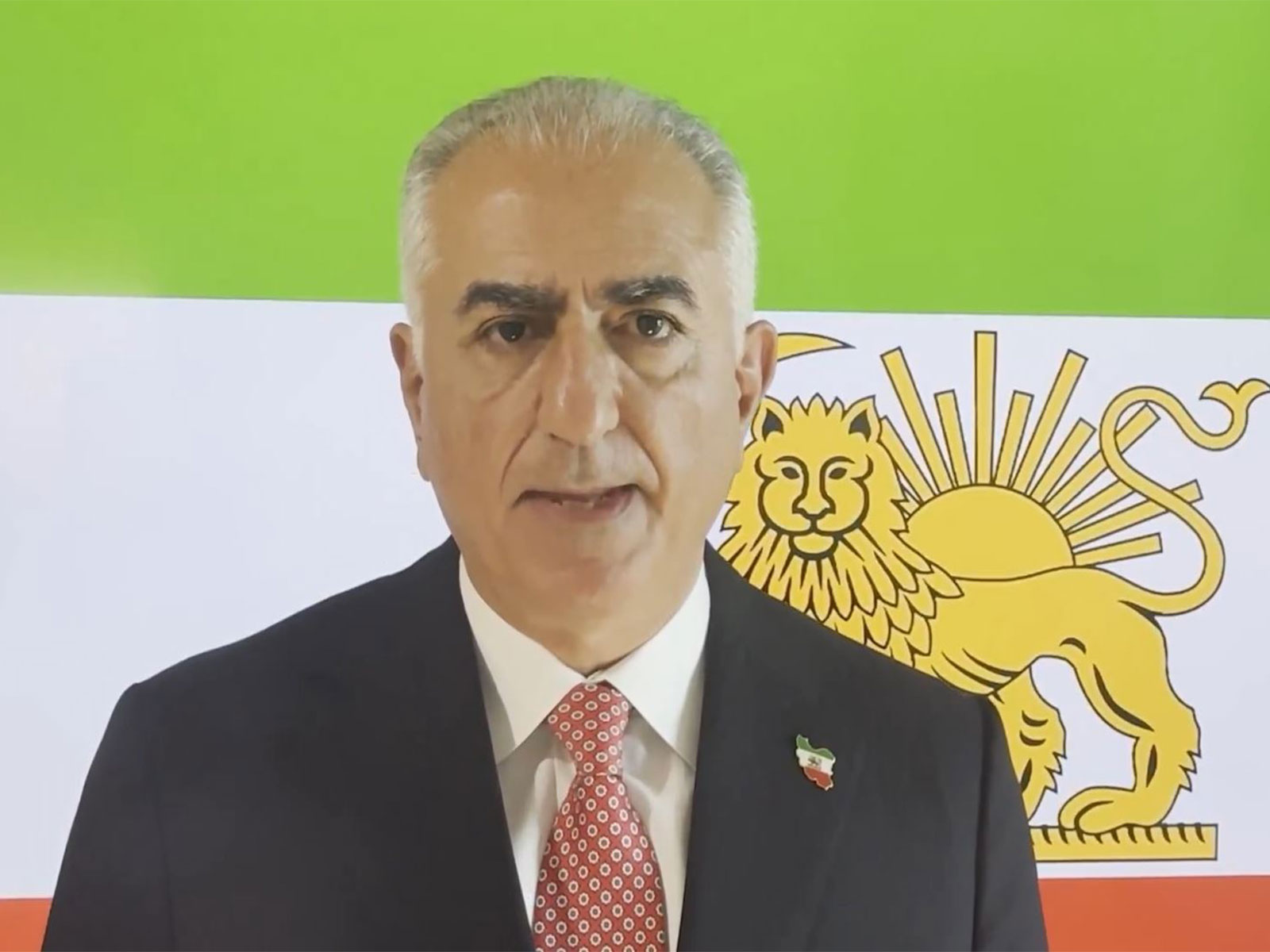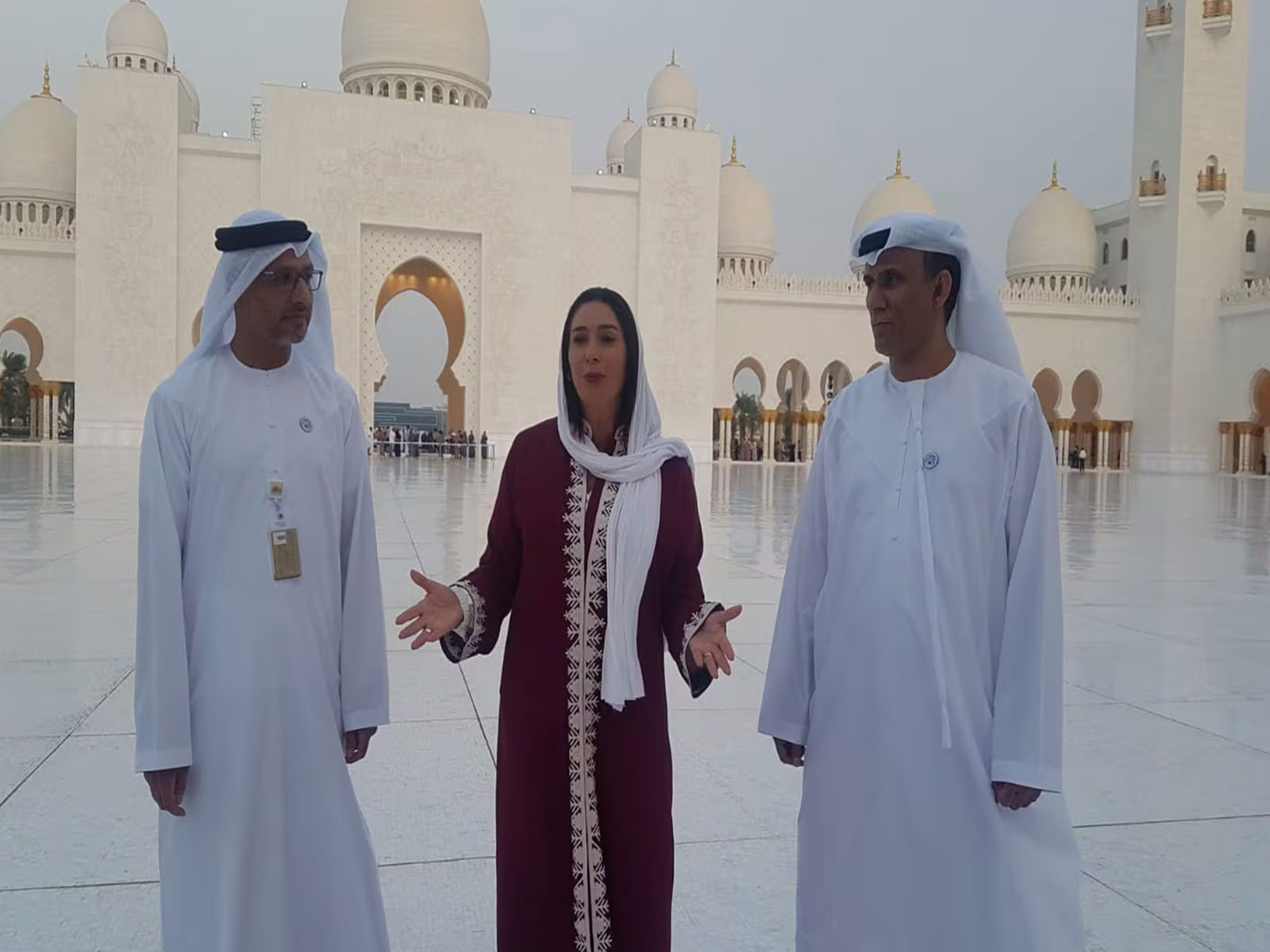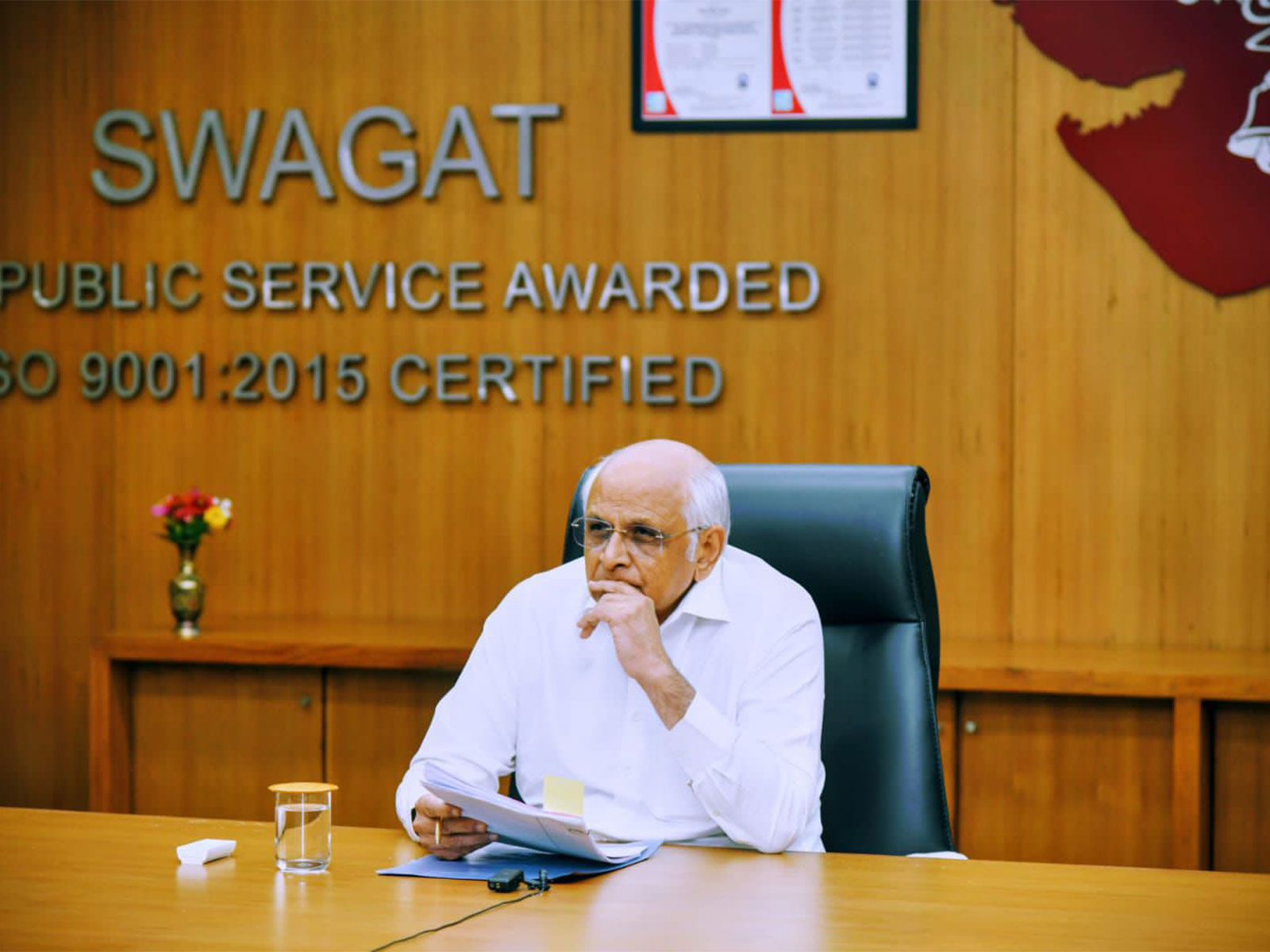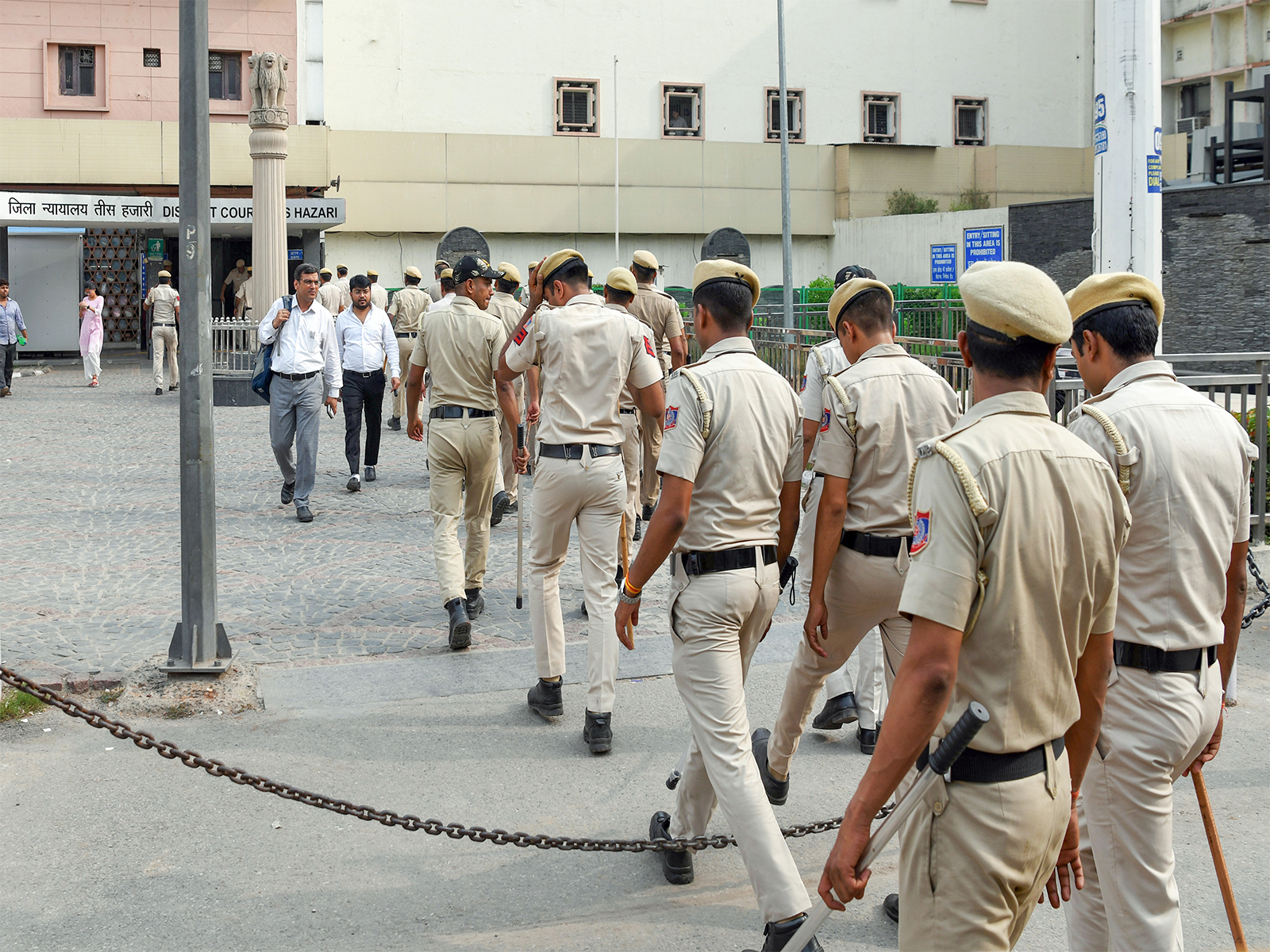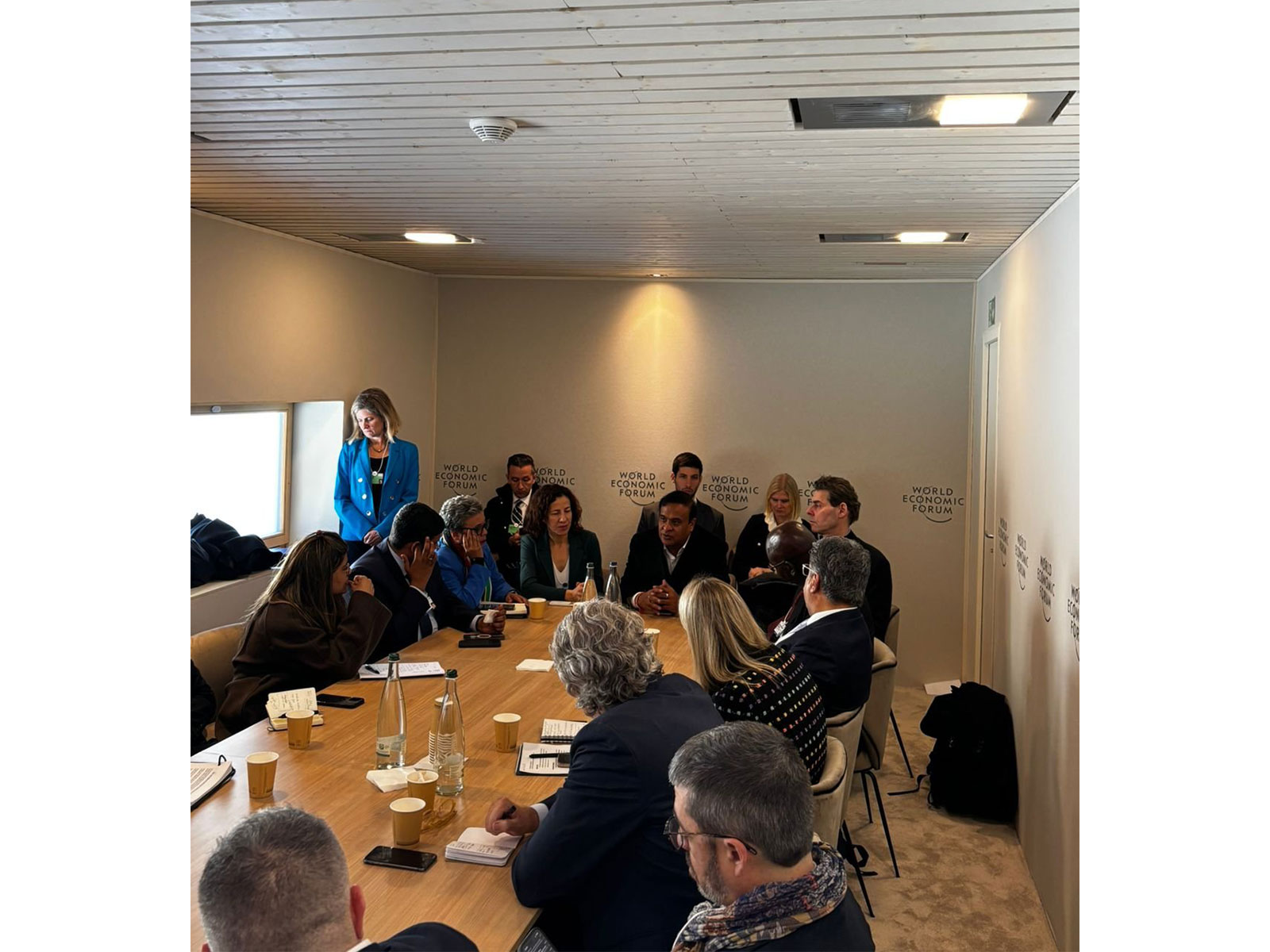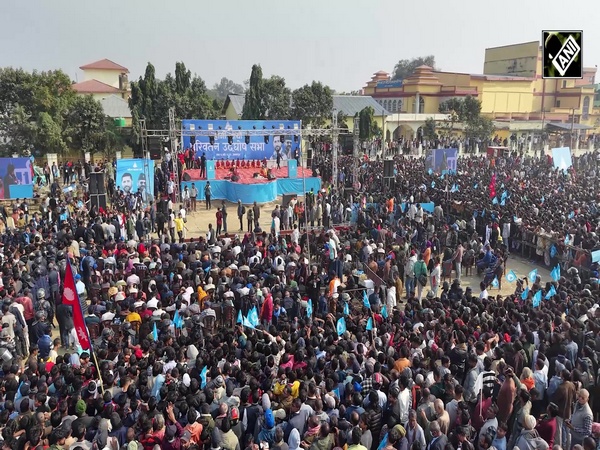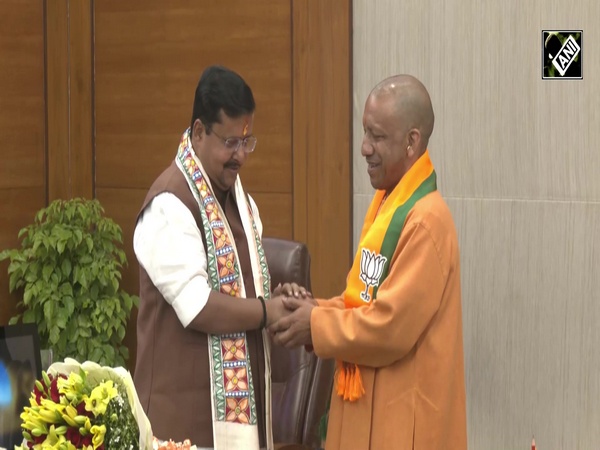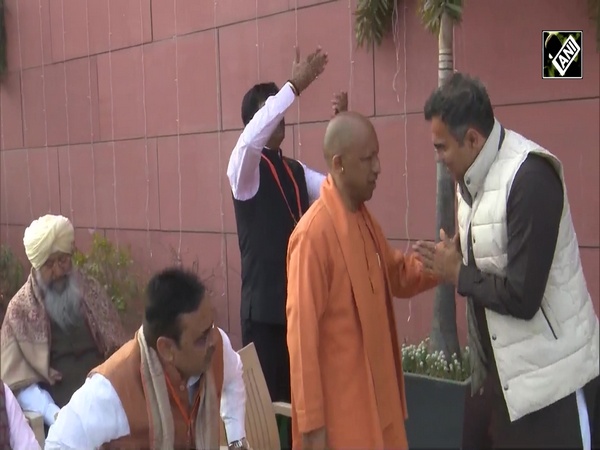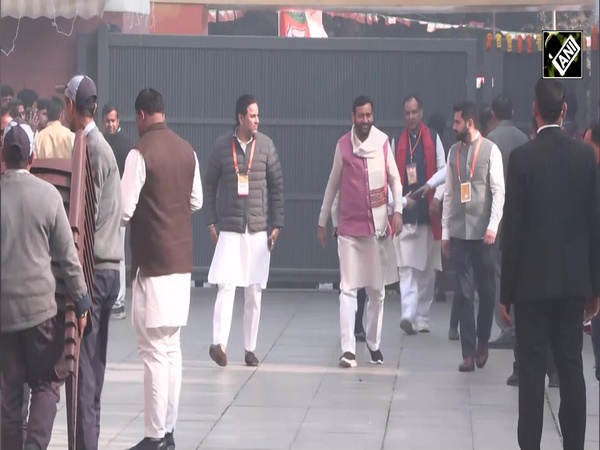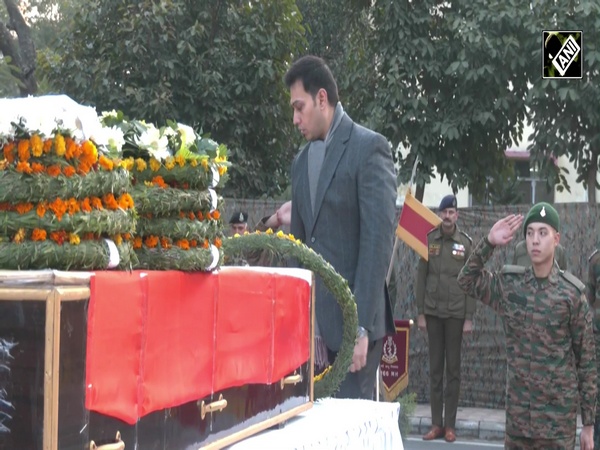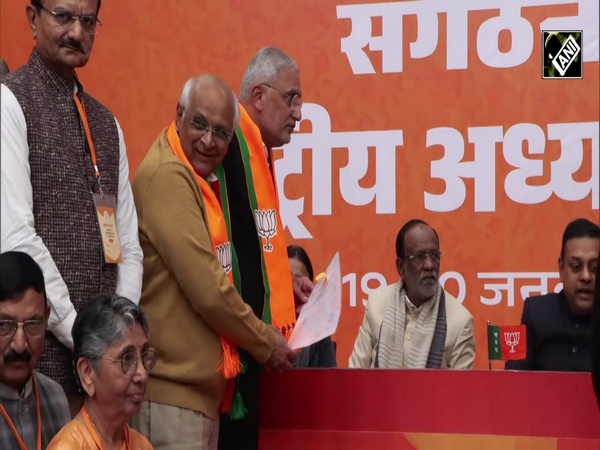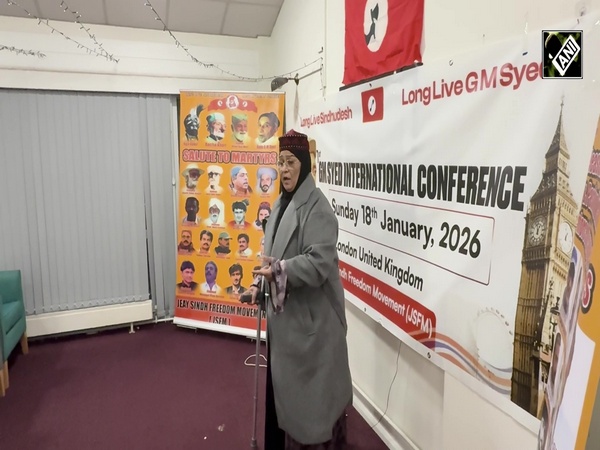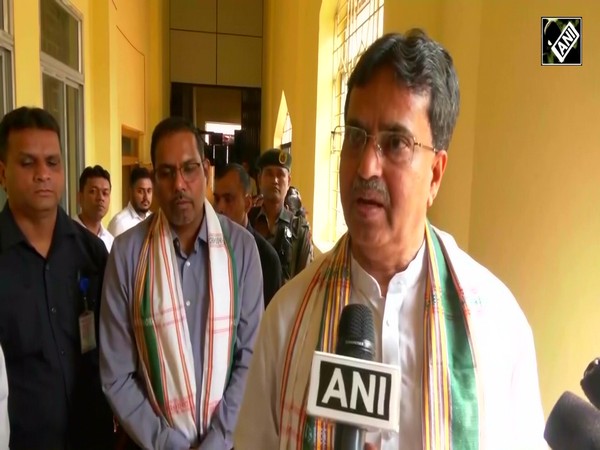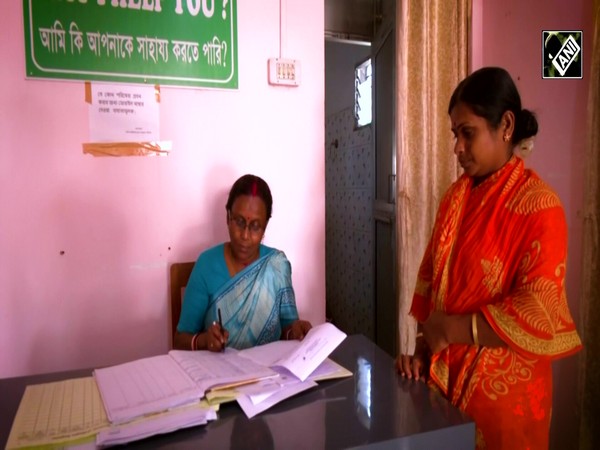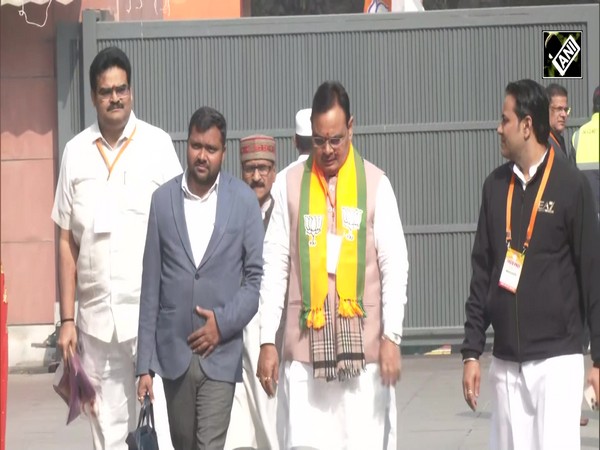Bangladesh: New crackdown under anti-terrorism law
Oct 09, 2025
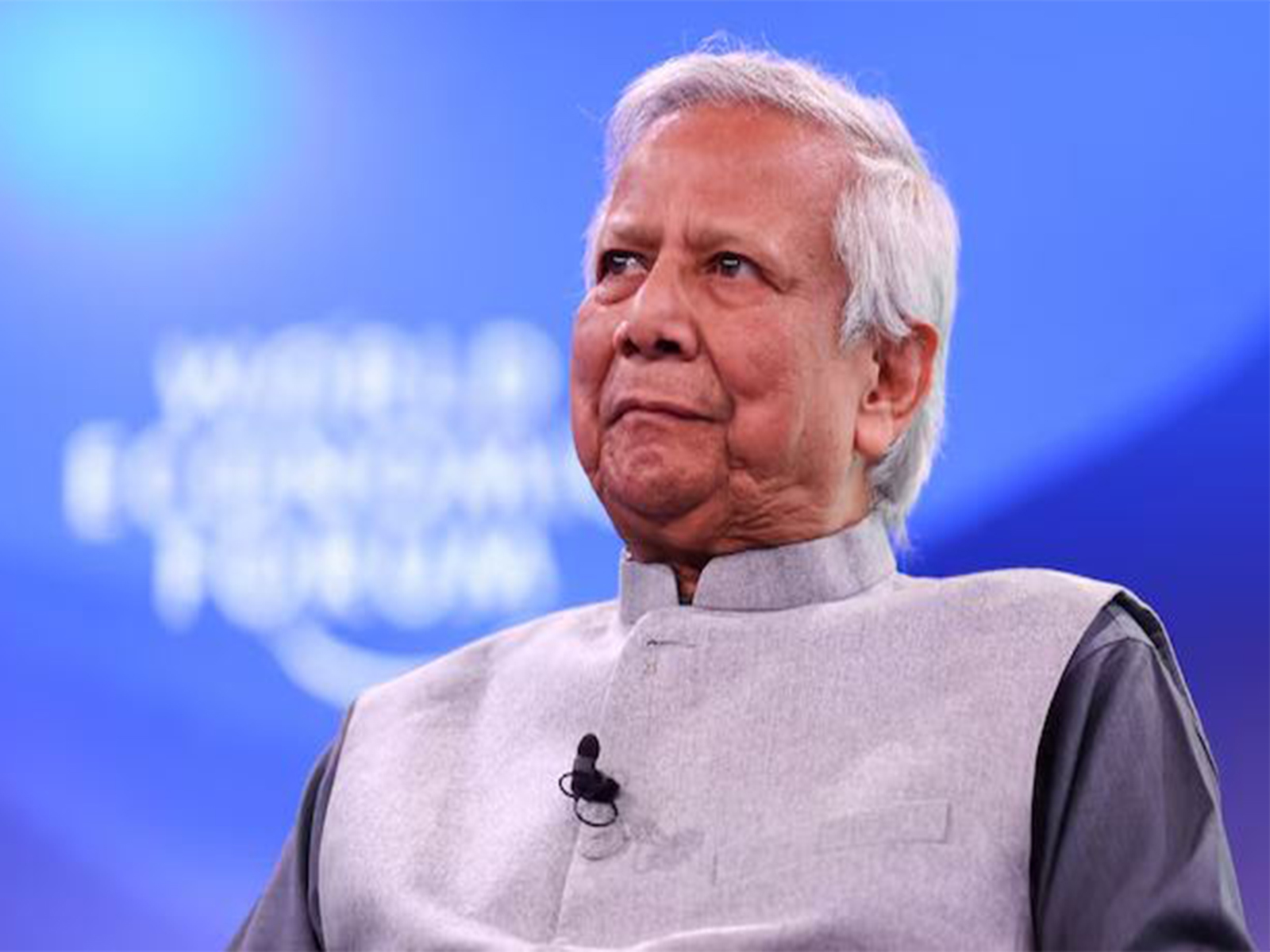
New York [US], October 9 : Bangladesh's interim government led by Muhammad Yunus, a Nobel peace laureate, is increasingly using the recently amended counterterrorism law to arrest alleged supporters of the deposed Awami League government, Human Rights Watch said on Thursday.
The United Nations human rights team in Bangladesh should immediately seek the release of those arbitrarily detained and encourage the authorities to uphold rights and prosecute all those who use unlawful political violence.
The interim government took office in August 2024 after former Prime Minister Sheikh Hasina's Awami League government was toppled following three weeks of protests in which 1,400 people were killed. On May 12, 2025, the interim government ordered a "temporary" ban on the Awami League, using new authority under draconian amendments to the Anti-Terrorism Act. The ban includes prohibitions on meetings, publications, and online speech supporting the party and is being used to arrest Awami League members and peaceful activists.
"The interim government should not be engaging in the same partisan behaviour that Bangladeshis had to endure under Sheikh Hasina, whether it is stuffing the prisons with political opponents or shutting down peaceful dissent," said Meenakshi Ganguly, deputy Asia director at Human Rights Watch. "The UN's human rights office has been invited by the government to support the protection of human rights in Bangladesh, and it should monitor developments and urgently intervene to discourage politically motivated arrests."
Thousands have been arrested under the interim government, many on dubious murder allegations, while scores are being held under the Anti-Terrorism Act. Several have alleged mistreatment in custody, including lack of access to medical care, a chilling reminder of similar allegations under the Sheikh Hasina government.
Police detained 16 people, including journalists and academics, on August 28 at a discussion organized by Mancha 71, a platform that celebrates Bangladesh's independence from Pakistan in 1971. At the public meeting in the office of the Dhaka Reporters Unity, an independent media association, a mob surrounded and heckled the participants, accusing them of being loyal to the Awami League because the party promotes its role in the freedom struggle.
One of the participants, Monjurul Alam Panna, a journalist, called the police for protection. Instead of arresting the disrupters, the police detained 16 participants in the event, some of them in their 70s and 80s. Among those arrested are a Dhaka University professor, Sheikh Hafizur Rahman, and Abdul Latif Siddique, a former minister who was later expelled by the Awami League.
After initially telling family members and lawyers that they were holding the detainees for their safety, the police arrested them under the anti-terrorism law. Two more people were later arrested in the same case. The police complaint claims that those arrested had incited violence against the interim government, which was denied by witnesses.
During a bail hearing on September 4, in which Panna was taken to court wearing a helmet, handcuffs, and a bulletproof vest, prosecution lawyers physically attacked another journalist. "It was a discussion, not even a political event, so how can it be considered terrorism?" a family member of one of those arrested said to Human Rights Watch. "These people are in jail, but those that attacked them are roaming free. This government seems to be just like the Awami League government after all."
The Anti-Terrorism Act was enacted in 2009 under the Awami League government. Officials said the 2025 amendments were needed to hold Awami League party members accountable for their abuses while in power, and that they were acting on demands from political parties and student organizations.
Suppressing the right to peaceful speech and association violates international standards. The Bangladesh Editors' Council warned that the amendments to the Anti-Terrorism Act would "curtail people's freedom of expression and limit the wide scope of freedom of the mass media, which is worrying and it would threaten freedom of the press." Yunus, however, has denied any restrictions on freedom of expression.
The government has also been unable to contain conservative Muslim interest groups that have engaged in violence to press their demands, ranging from targeting alleged Awami League supporters to opposing women's rights. Ain o Salish Kendra (Center for Law and Mediation or ASK), a Bangladeshi legal aid and human rights organization, said that at least 152 people have been killed in mob attacks since January. "Right now, our choices are to be either jailed as terrorists or to face a mob," a political activist told Human Rights Watch. "I am not saying the guilty should not be punished, but it has to be a fair justice system, which the Yunus government has failed to deliver."
The UN Office of the High Commissioner for Human Rights and the Bangladeshi government signed a three-year Memorandum of Understanding in July to open a mission in the country "to support the promotion and protection of human rights." Apart from training and technical assistance, the UN human rights chief, Volker Turk, said that the mission would send "an important message of the country's commitment to human rights as a cornerstone of the transition." The interim government has pledged to hold elections in February 2026.
"The Bangladeshi government should stop abusing the anti-terrorism law, which is just becoming political repression by another name," Ganguly said. "The interim government should instead focus on creating conditions for safe and participatory elections."
